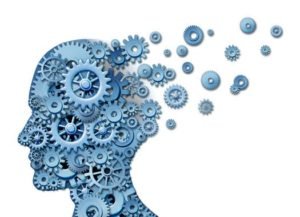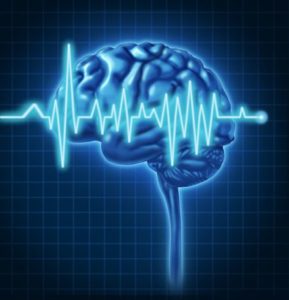
If you suffered a traumatic brain injury (TBI) from a motor vehicle accident, you might want to know the average settlement in these personal injury cases. Unfortunately, it’s difficult to say what a typical settlement would be because the facts are so different from one case to another. Also, settlements usually do not get reported publicly like jury verdicts, so the data is not available to calculate the average settlement.
However, this does not mean you cannot get a rough idea of what your case might be worth after speaking to a lawyer about what kind of damages you can recover.
Recoverable Economic Damages for a TBI
Economic damages are losses that can be translated into dollar amounts easily, using evidence like doctor bills or your employer’s records of your lost wages. The actual amount of losses you can pursue will depend on the facts of your case.
Here are some of the common economic losses for which people seek compensation after suffering a traumatic brain injury in an accident:
- The reasonable cost of medical treatment for your wounds.
- Lost income for paychecks you missed when you could not work because of your injuries.
- Future decreased earning capacity if you have residual limitations from your injuries that make you unable to earn as much money as before.
- Long-term care. After suffering a devastating head injury, some people need daily assistance with medical treatments and personal care.
Depending on your situation, you could have additional types of economic losses after a traumatic brain injury.


Laborde Earles injury was great for me they took care of me very fast and professional. If for any reason I need legal help they will be who I use.
ClientRecoverable Intangible Losses After a TBI
A person can suffer multiple types of losses after a severe head injury from an accident. Some of these losses do not have convenient receipts or invoices that make them easy to measure. Nonetheless, these intangible losses have financial value.
Here are some of the categories of intangible losses that a person might seek to recover after a significant head injury:
- Pain and suffering, which refers to the physical discomfort, inconvenience, and emotional stress of getting hurt in a collision.
- Scarring and disfigurement from your wounds.
- Post-traumatic stress disorder (PTSD) if you developed this condition because of the crash.
- Loss of enjoyment of life because of the adverse consequences you experienced after the accident.
This is but a small sample of the types of intangible losses a person could have after suffering a traumatic brain injury in a collision. You will want to talk with your personal injury attorney about how the accident and injuries have affected your life.


I thank God for Digger & David. I don’t know what we would have done if it hadn’t have been for them.
Rick Smith | ClientWhat Is a Traumatic Brain Injury (TBI)?
The Mayo Clinic says that a traumatic brain injury is usually the result of the head or body getting struck with a significant force. If mild, a TBI tends to impact the brain tissue temporarily. A moderate or severe blow to the head can cause permanent damage to brain tissue that can lead to long-term consequences or death.
The Centers for Disease Control and Prevention (CDC) reports that more than 64,000 Americans died in 2020 from traumatic brain injuries. The CDC concludes that traumatic brain injury is a significant cause of death and, for many of those who survive, disability.
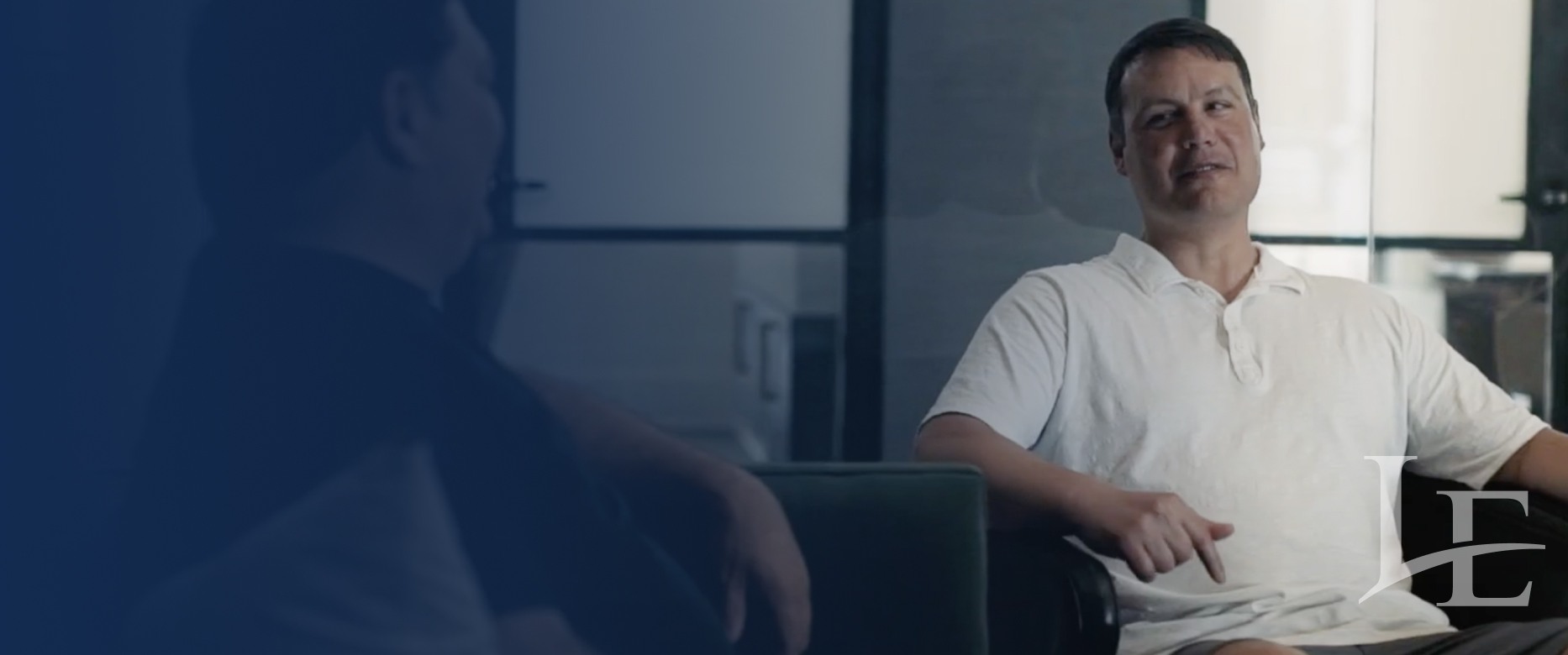

The reassurance from Digger and his staff gave me that renewed hope that it’s going to be okay down the road.
ClientShort-Term Consequences of a Traumatic Brain Injury
With a mild concussion or TBI, some individuals could recover by convalescing at home under medical supervision. A person who suffers a moderate or severe TBI might need constant medical treatments or monitoring as an inpatient at a hospital or head trauma facility. People in that category often need ongoing care to maximize their recovery.
In the short term, a mild TBI could cause headaches, vomiting, balance issues, and other physical symptoms. A person with a moderate or severe TBI could lose consciousness for several minutes or hours, experience intense headaches, and have seizures, nausea, and vomiting during the first hours or days after the injury.
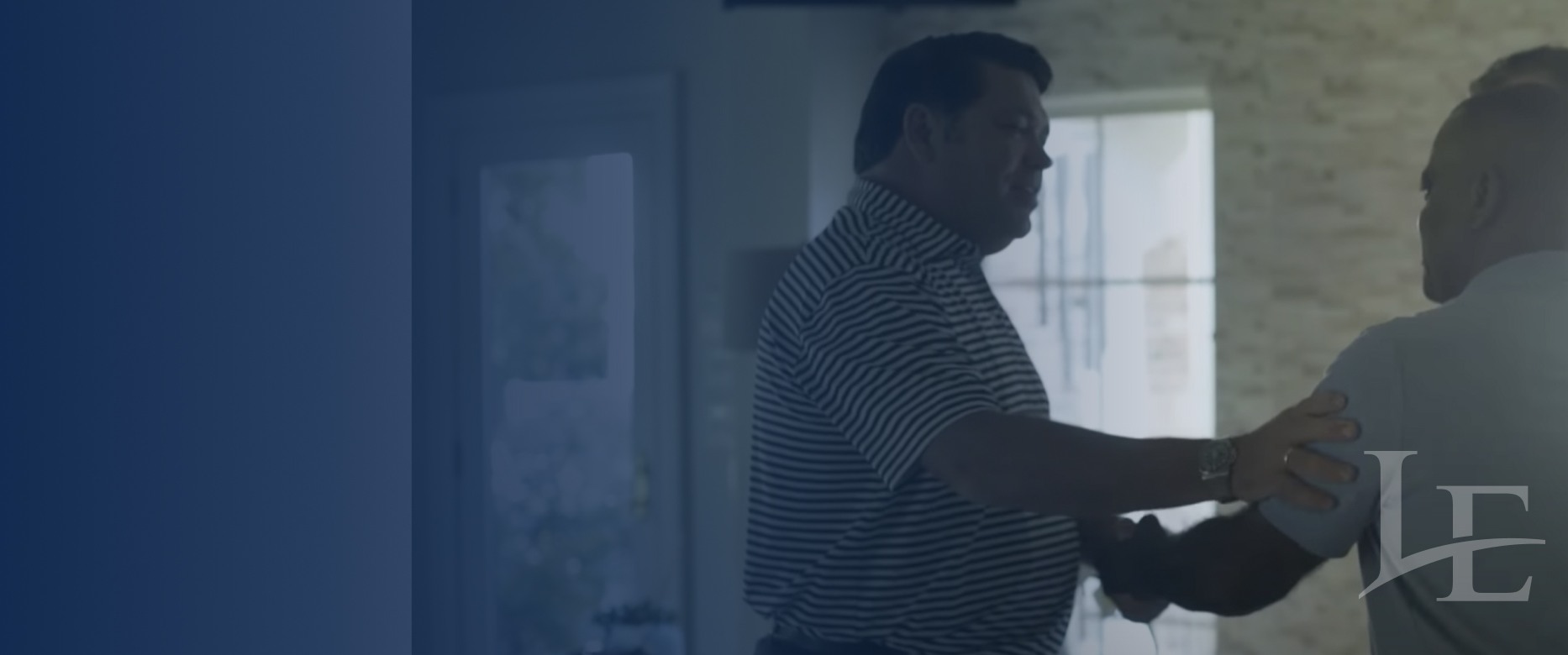
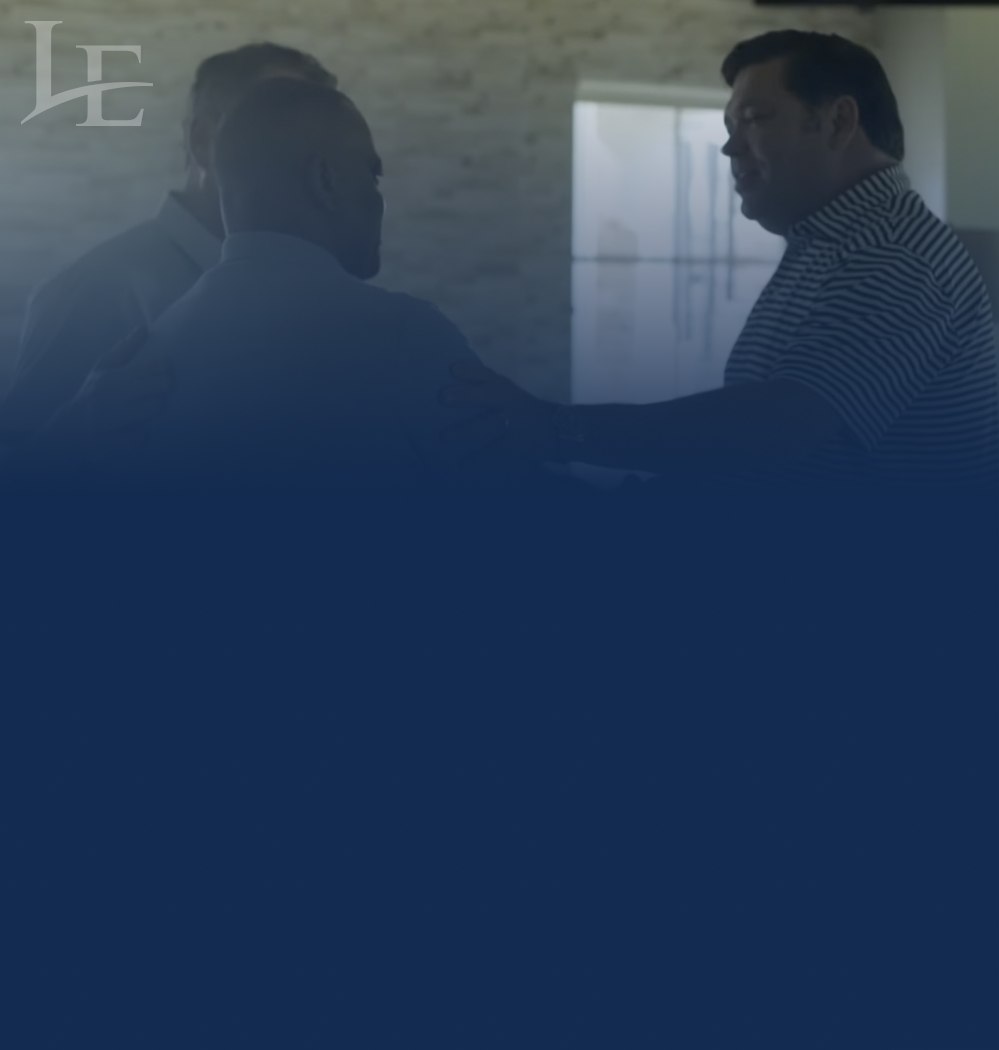
They treated us like no other people would. Whenever we needed something they were there for us. I put my trust in them and I don’t regret it.
ClientHow a TBI Could Change Your Life in the Long-Term
When a child suffers a TBI, their brain might not develop correctly, according to the CDC. This disruption in brain development could cause impairment that lasts into and through adulthood, and limit the individual’s performance in school, athletics, and social settings.
Children or adults with significant TBI could experience an altered state of consciousness, like a coma or a vegetative state. An altered state of consciousness could end in brain death, which is irreversible.
After suffering a TBI, the patient might need to have anti-seizure medication administered, undergo surgery to stop bleeding in the brain or remove blood clots, and require rehabilitation. Therapy can continue for months, depending on the patient’s individual needs. Even after intense treatment, some people are unable to work for a living again or live independently after a TBI.
At Laborde Earles Injury Lawyers, we can fight your battles for you if you or a family member suffered a traumatic brain injury from a motor vehicle accident. You do not have to go through this experience alone. Simply click here for a free initial consultation with no obligation. We offer a “no fee unless you win” policy, meaning that you will not owe us any legal fees unless you win your injury claim.
